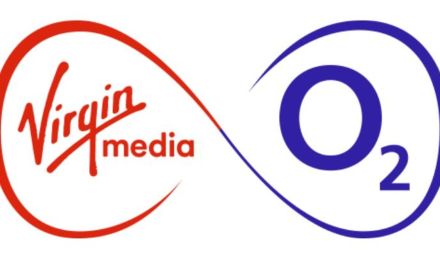News
With the cost of launching new chip fabs in the US ballooning alongside inflation, semiconductor giants are growing concerned over the conditions attached to receiving CHIPS subsidies
Back in 2022, US President Joe Biden signed into law the CHIPS Act, a programme providing $280 billion in funding to boost domestic research and production of semiconductors. Of this total, around $39 billion was set aside to subsidise manufacturing that took place on US soil, hoping to entice chip giants like Samsung and Taiwan Semiconductor Manufacturing Company (TSCM) to set up shop in America.
CHIPS effectiveness was quickly apparent, with TSMC, Intel, and Samsung all having committed to new semiconductor fabrication plants in the US. Combined, these new sites are worth more than $100 billion.
However, the subsequent downturn of the global economy, with rising inflation and numerous supply chain woes, have left these chipmakers uneasy about the exploding cost of their planned investments; Samsung, for example, says that its planned $17 billion chip fab in Texas, announced in 2021, will in fact likely cost them $25 billion.
More recently, concerns have also started to be raised about the conditions attached to the CHIPS subsidies. Recent guidelines from the US Commerce Department including sharing excess profits with the US government and potentially revealing sensitive cost structure information.
“All of this is confidential information. The most important thing in chips is cost structure. Experts will be able to tell our strategy at a glance,” explained an anonymous source speaking to Reuters.
Since this revelation, the various chipmakers have been communicating with the US government over these stipulations, with TSMC suggesting that the conditions in their current form “cannot be accepted”.
The US Department of Commerce, meanwhile, is attempting to allay concerns, saying that all confidential business information will be protected and that the sharing of excess profits will only occur when projects significantly exceed projections.
The exact size of the subsidies being sought by the semiconductor firms has not been revealed.
The resolution of this issue is especially pressing for TSMC, which missed its sales target for the second straight quarter earlier this month, citing lukewarm demand.
Perhaps unsurprisingly, these discussions are also of great interest to the Taiwanese government, for whom TSMC is at the heart of one of its largest and most geopolitically important industries.
“The Taiwan government and industry have a very close understanding [of what is going on] and hope that the details of the relevant subsidy legislation will not affect industrial cooperation between the two sides and costs for industry-related construction,” said Taiwan Economy Minister Wang Mei-hua earlier this week.
Want to keep up with all the latest telecoms news? Click here to receive Total Telecom’s daily newsletter direct to your inbox
Also in the news:
Telkomsel to merge with Indonesia’s largest fixed broadband operator
French operators head to court seeking compensation for forced Huawei removal
US wireless operators move to allay 5G aviation fears

















